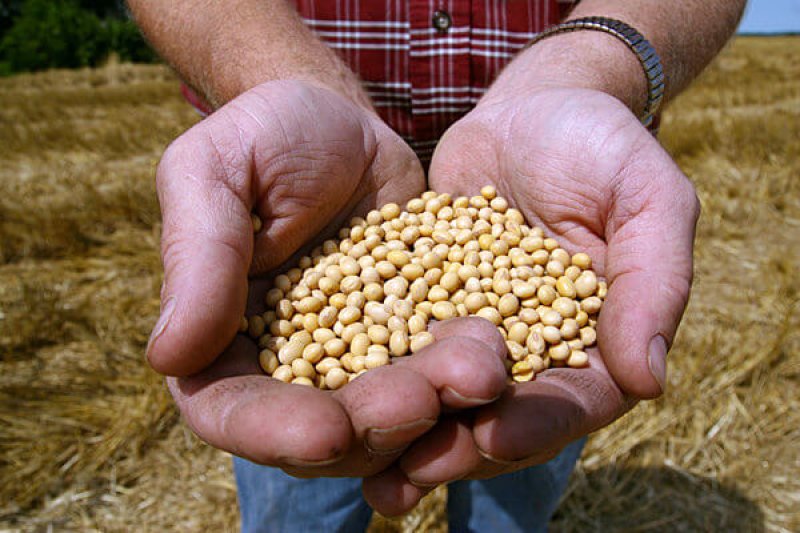Farmers need to get in front of the messaging about genome editing technology — or risk seeing it suffer the same fate as GMOs in the court of public opinion.
That’s the warning from the chair of Alberta Wheat’s research committee, who is one of many who fears genome editing is going to get lumped in with genetic modification in the minds of the public.
“I think part of the problem with the current resistance to GMOs is because it was not well publicized. It was a disgrace actually,” said Lacombe-area producer Terry Young. “The technology came out and 10 years later, the public found out what it was being used for and then they were all up in arms because they didn’t have awareness of or input into the process.
“We need to set the record straight and do so in a more timely fashion.”
Genome editing is fundamentally different from genetic engineering. Unlike the latter, the process doesn’t involve inserting a gene from another species. Instead, a very small part of a plant’s DNA is removed or modified. The technique is so precise, scientists compare it to changing a bit of text in a document — hence the term editing.
Read full, original post: The next frontier of plant breeding































